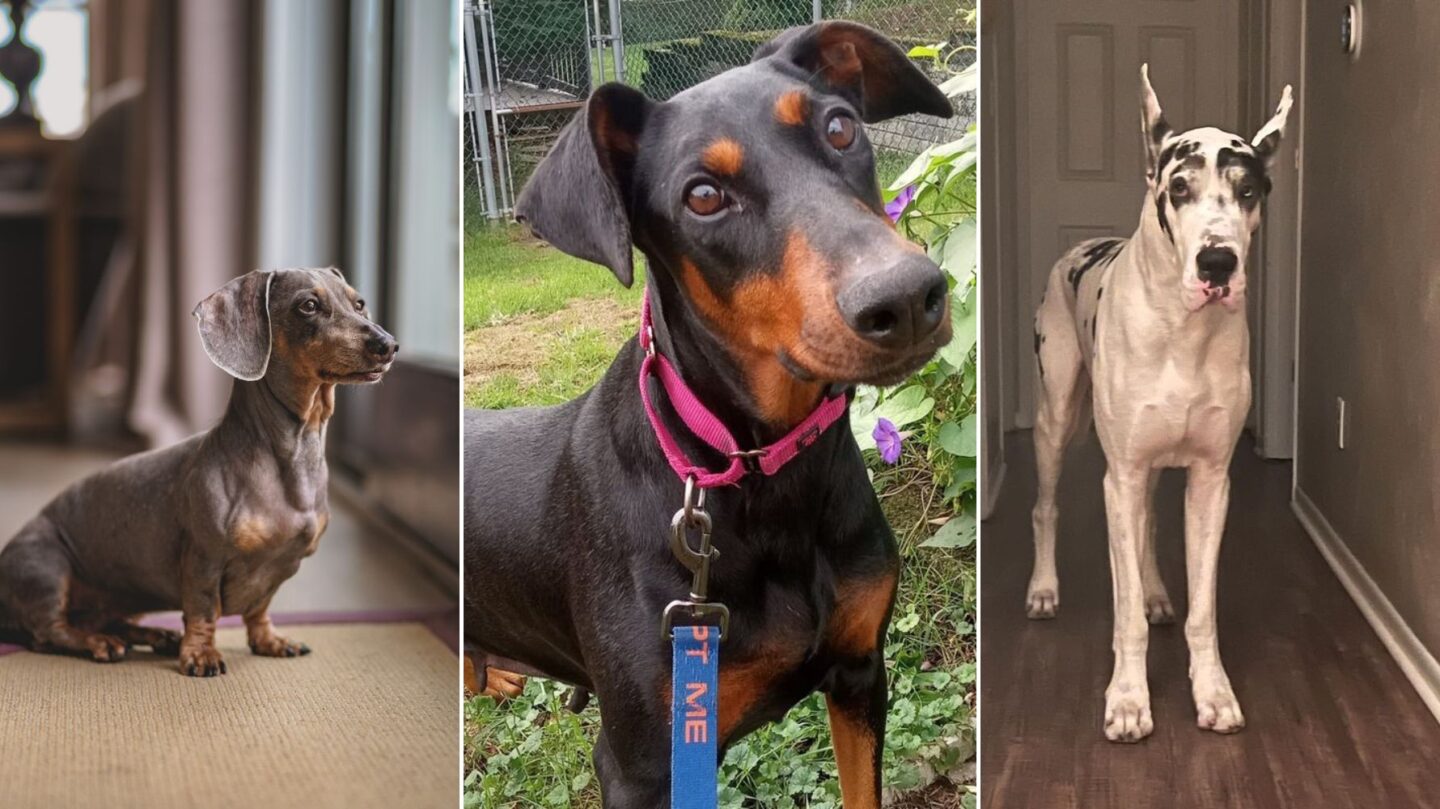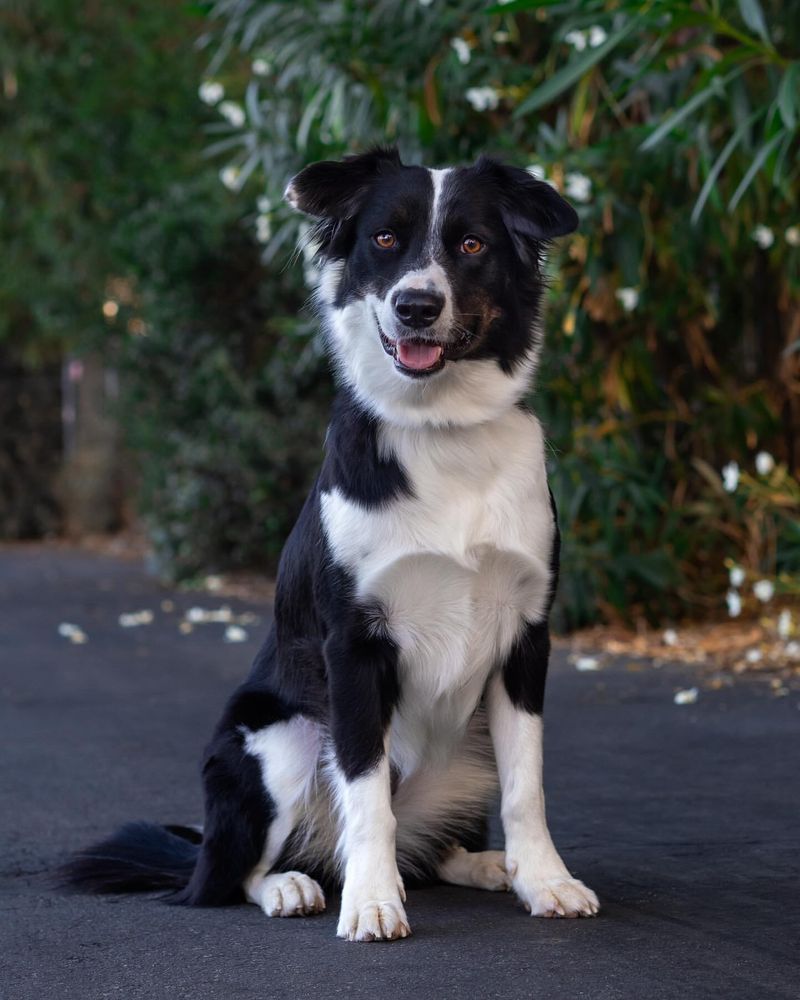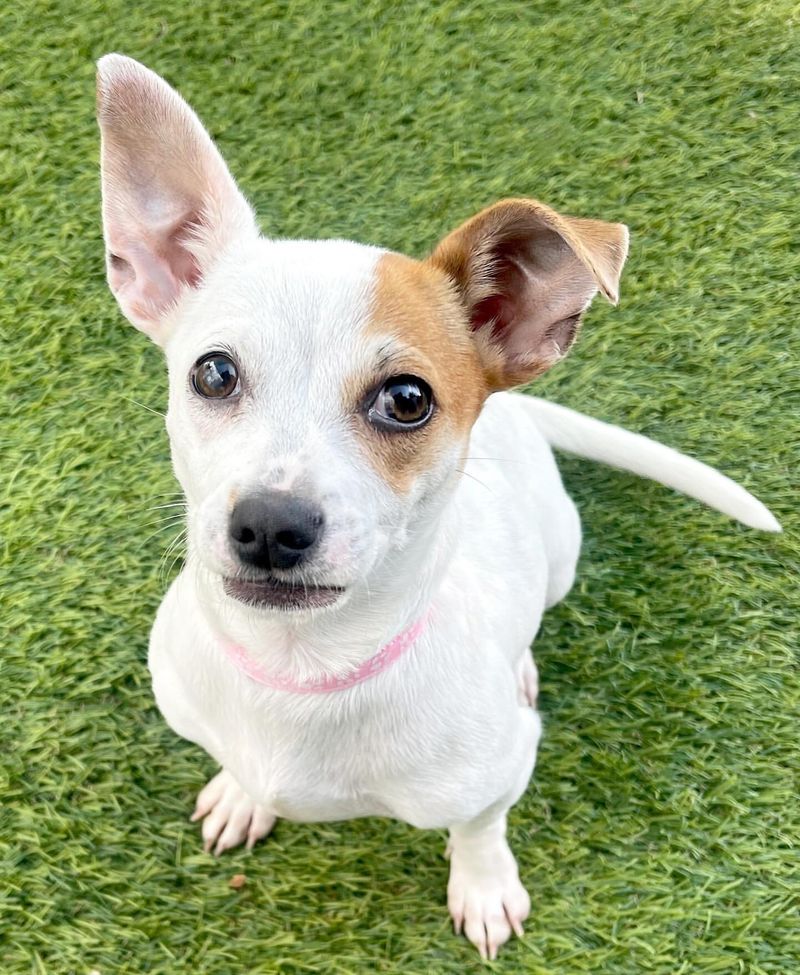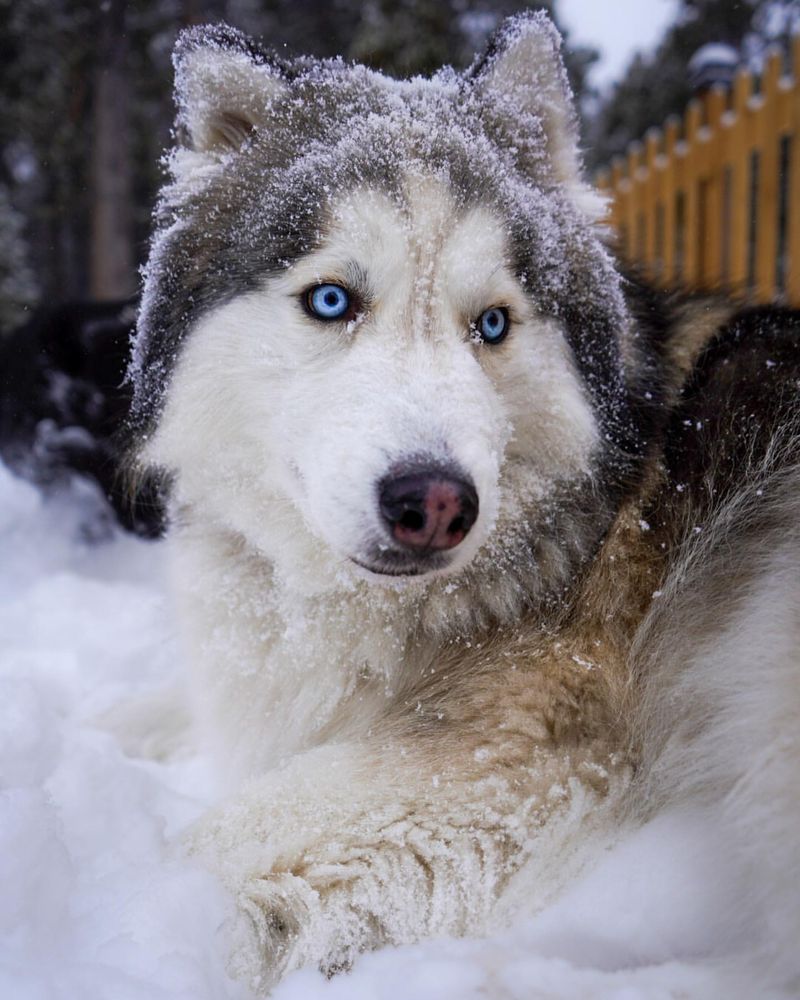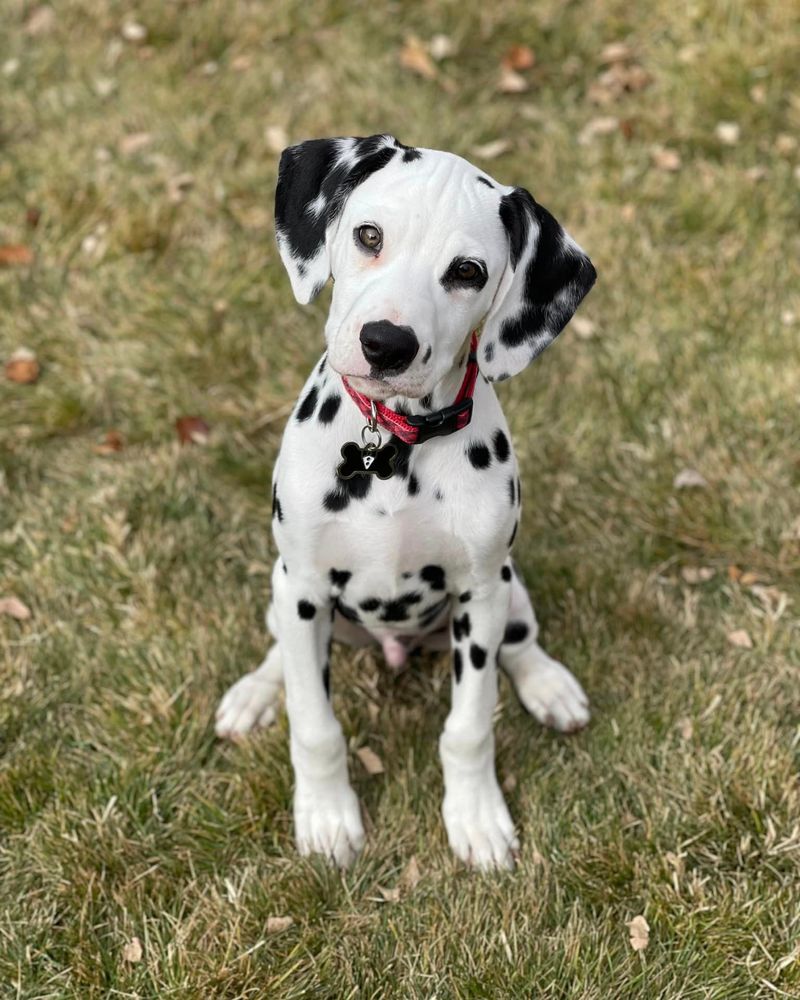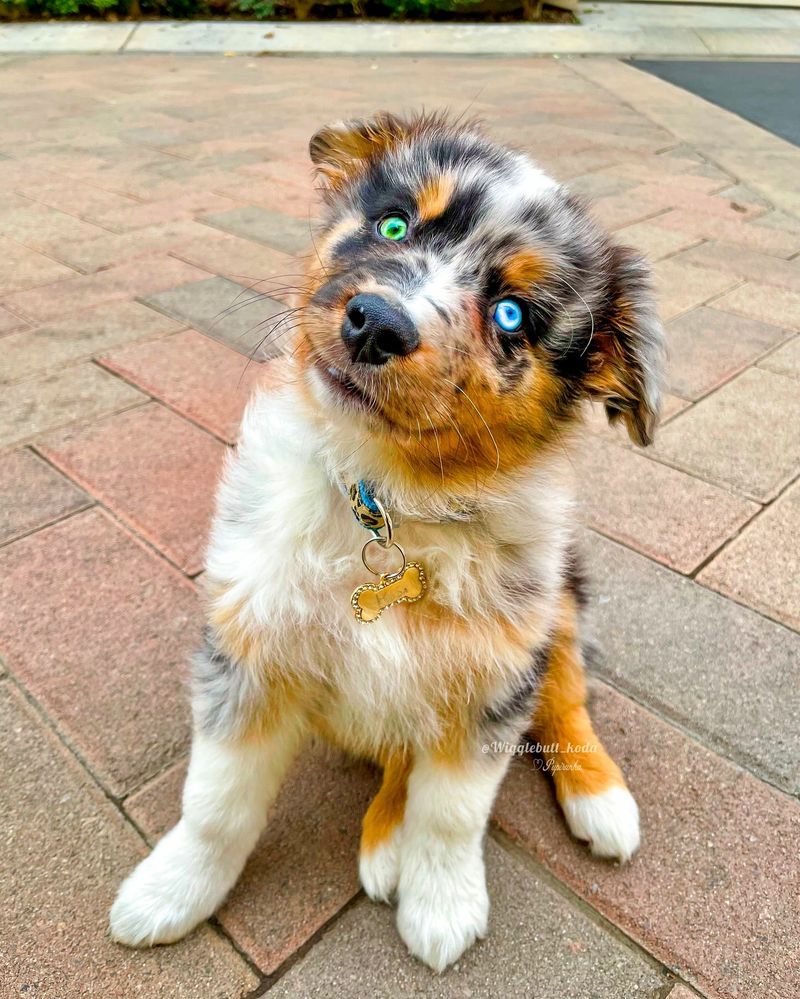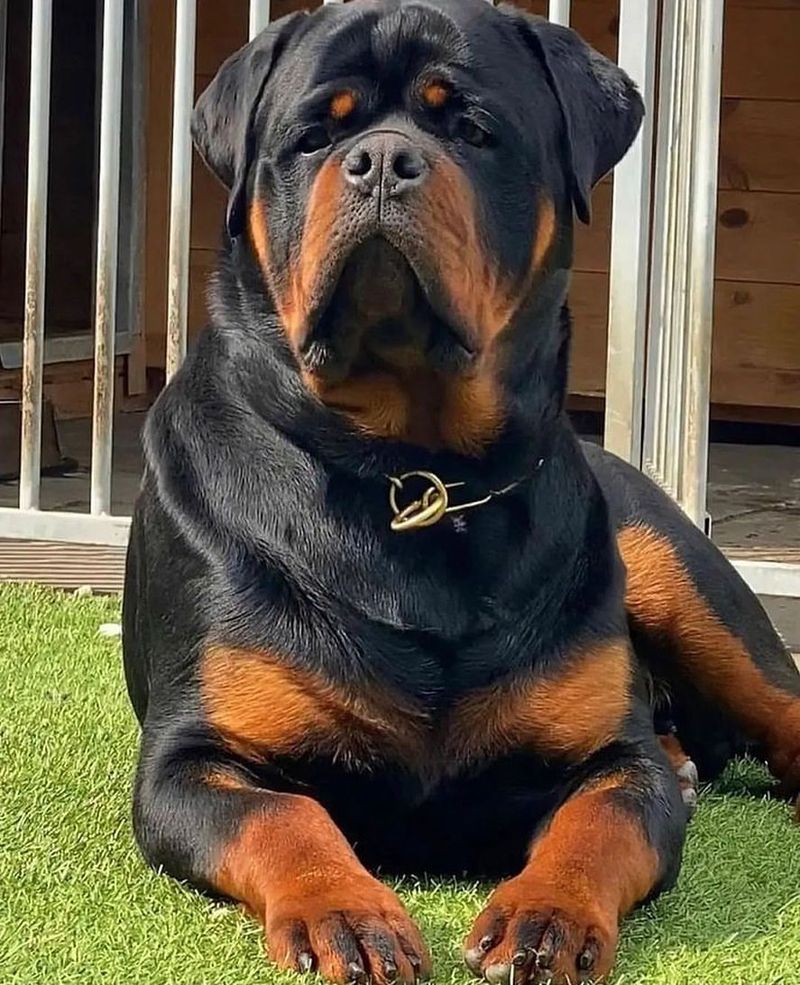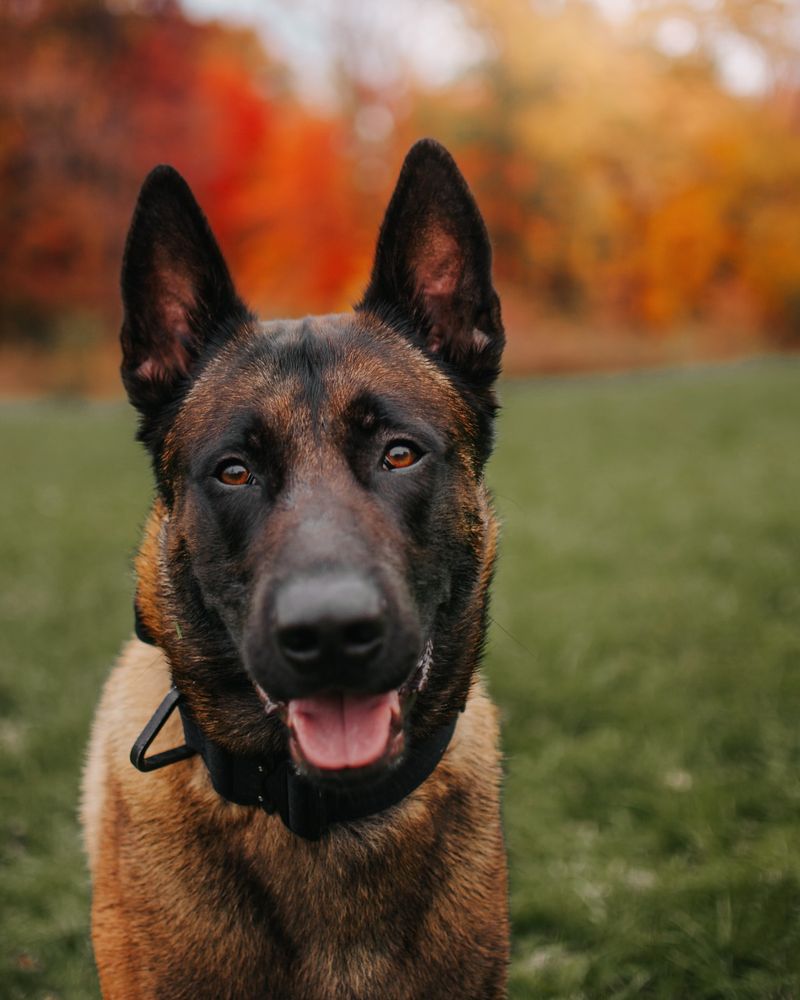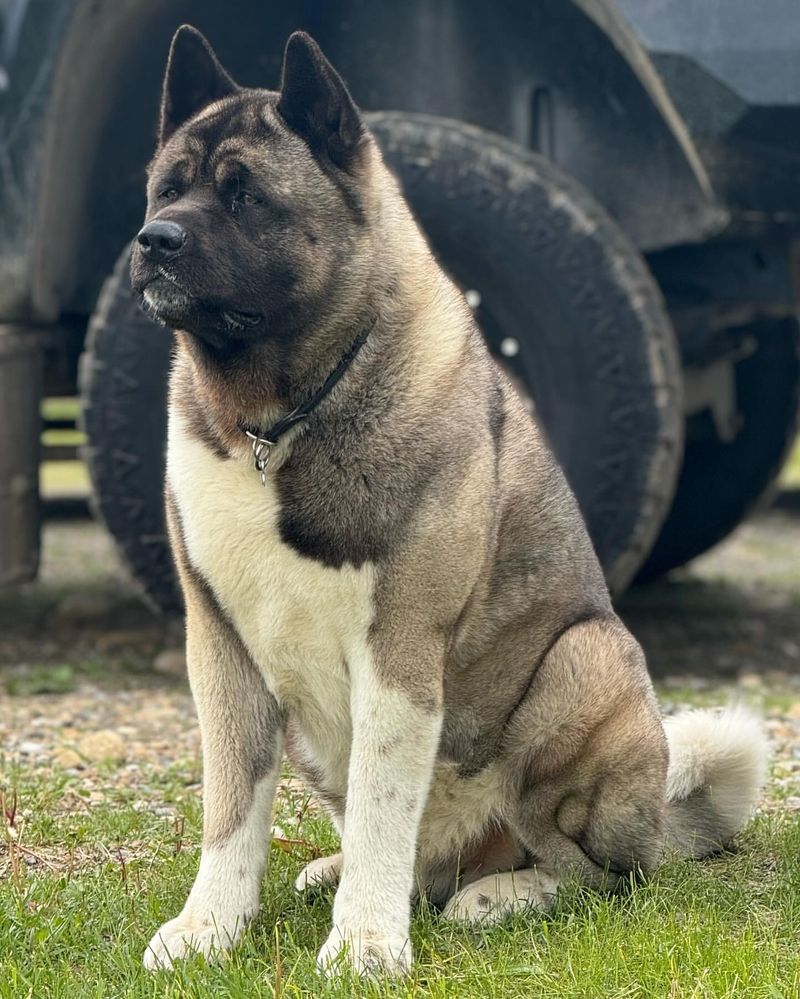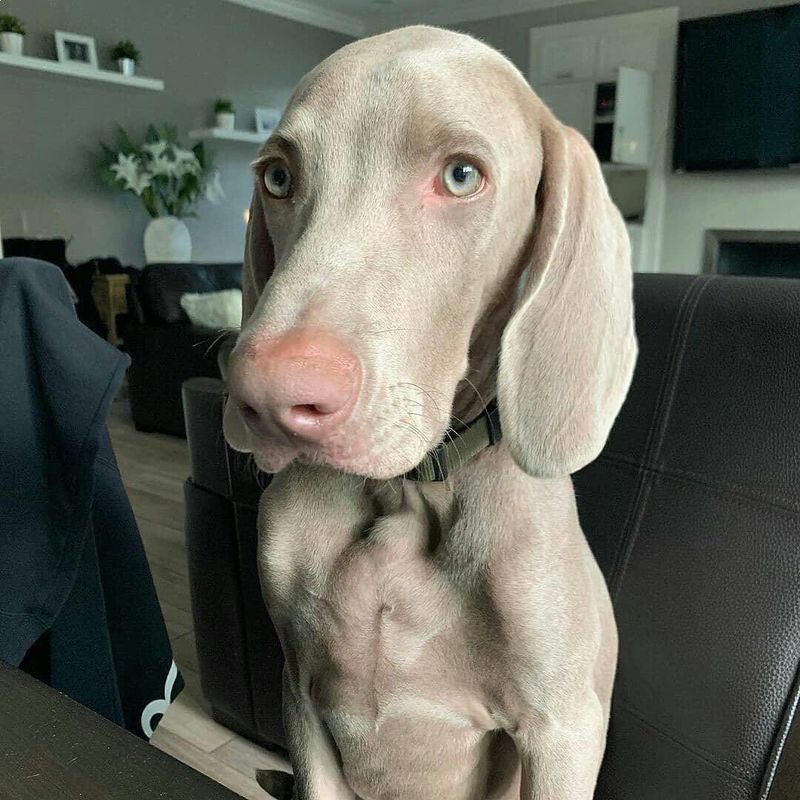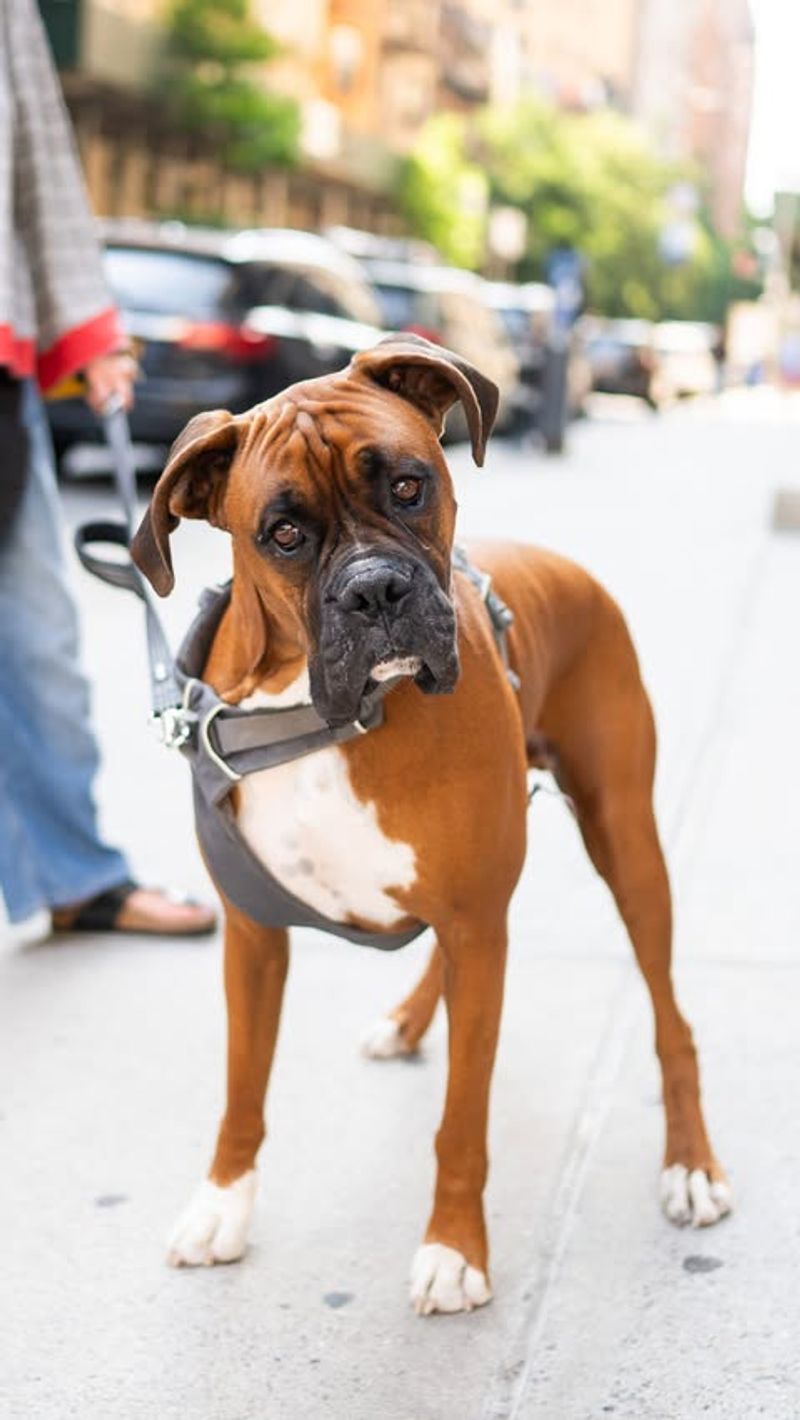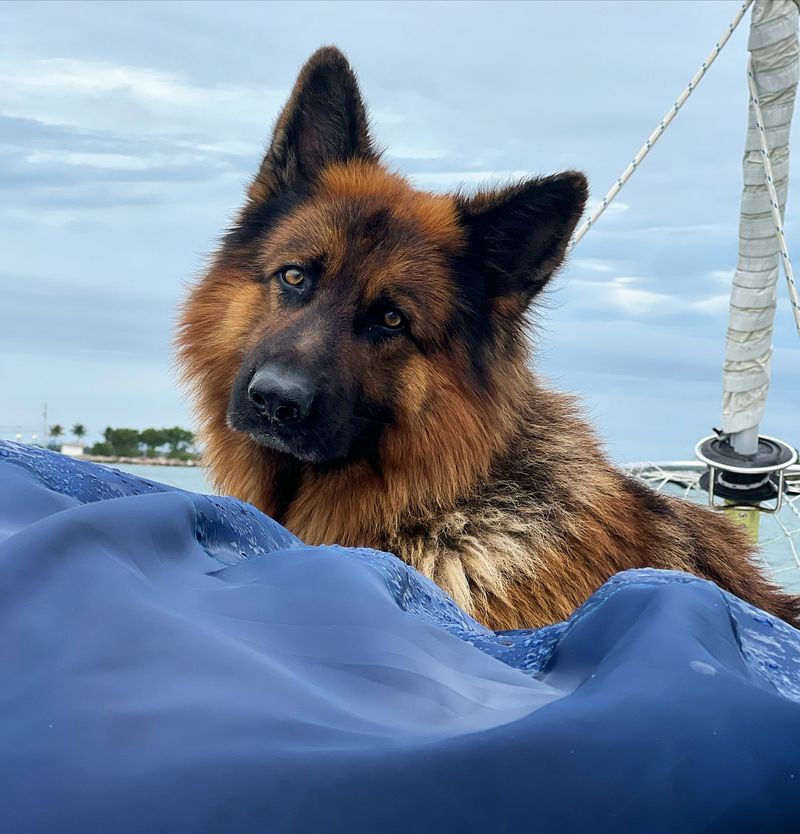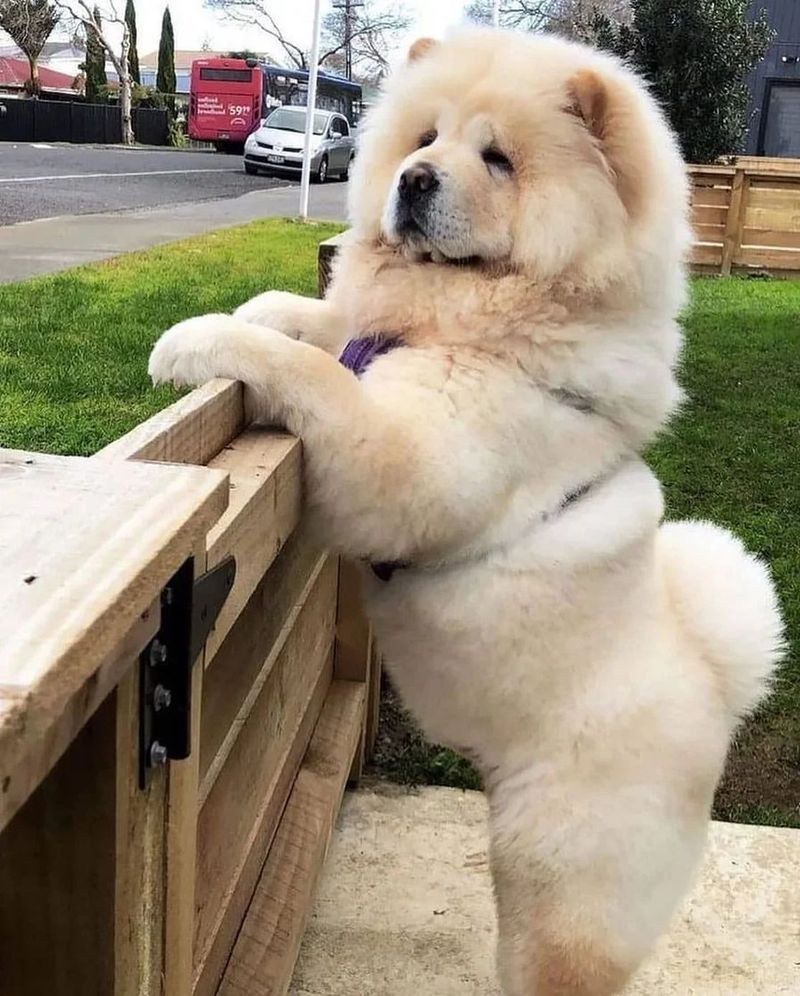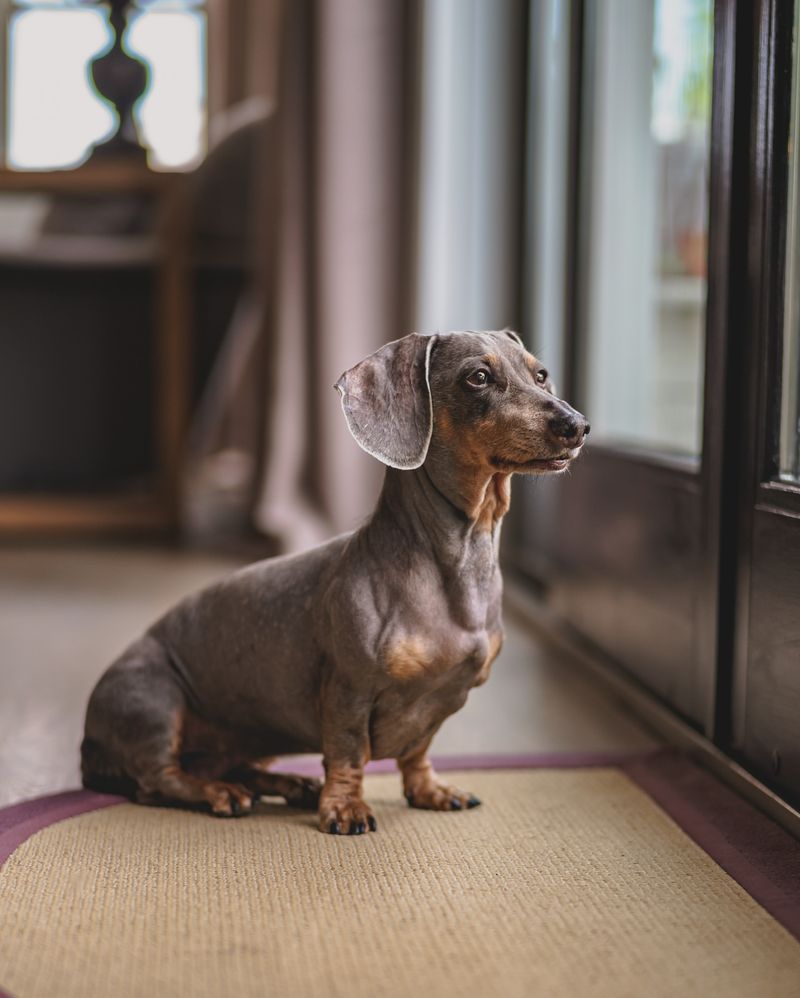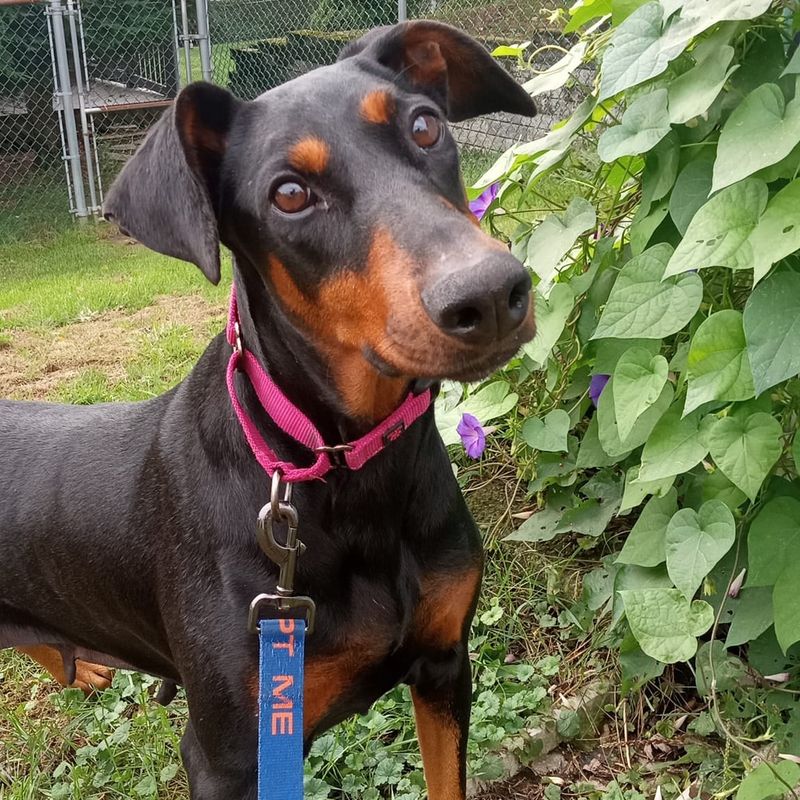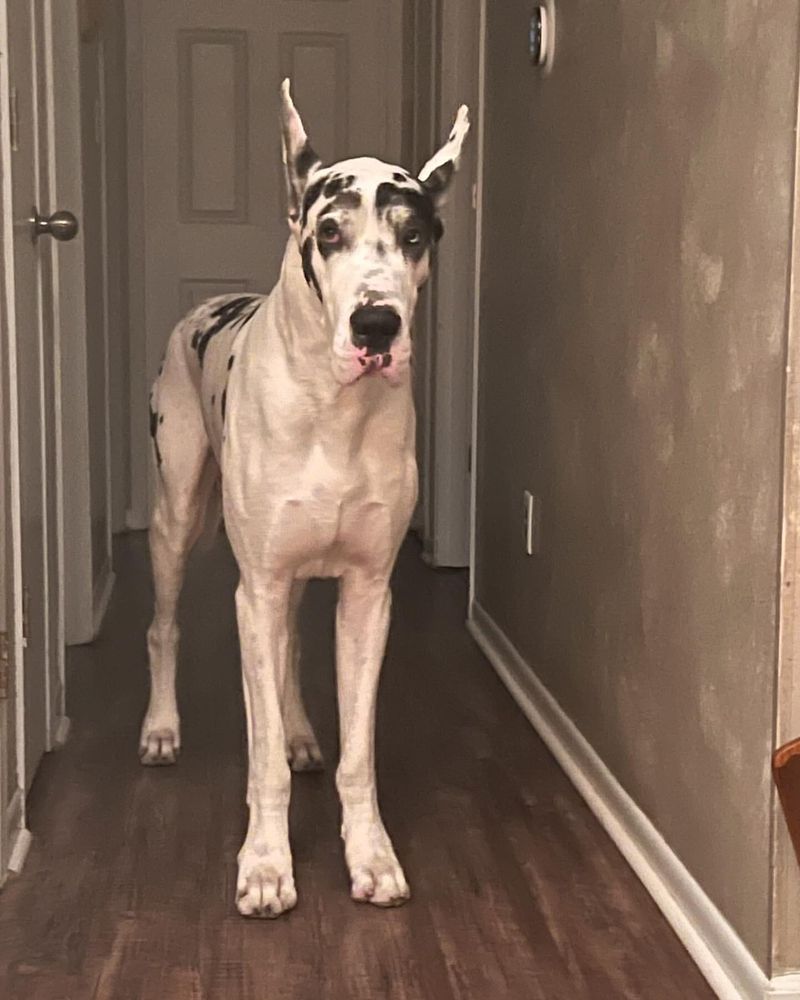Choosing the right dog breed is crucial for senior owners looking for a loyal companion. While dogs provide love and companionship, some breeds may require more energy, training, and care than seniors can manage. This blog post explores 15 dog breeds that might be too challenging for senior owners, offering insights into their unique traits and care needs.
Border Collie
Border Collies are renowned for their intelligence and energetic nature. Originating from the border region between Scotland and England, they were bred for herding livestock. These dogs require constant mental and physical stimulation, making them a challenging breed for senior owners.
Their need for regular, intense exercise can be demanding, and they thrive in environments where they can run freely and engage in activities. Without sufficient exercise, Border Collies may develop behavioral issues.
For seniors seeking a more relaxed lifestyle, a dog with lower energy requirements might be more suitable. Border Collies are best suited for active individuals who can meet their needs.
Jack Russell Terrier
Jack Russell Terriers are small dogs with big personalities. Known for their boundless energy and playful nature, they require a lot of attention and regular exercise to stay happy.
Their curiosity often leads them into mischief, and they are quick learners, which can be both a blessing and a challenge. Training can be a rewarding but time-consuming process for owners.
For seniors, the high energy levels and the need for consistent training might be overwhelming. A more low-key breed may be a better fit for those who prefer a quieter lifestyle.
Siberian Husky
Siberian Huskies are beautiful dogs with a thick coat and striking appearance, but they are not low-maintenance pets. Bred for pulling sleds over long distances, they have a high energy level and require plenty of exercise.
Their independent nature can make training a challenge, and they often have a strong prey drive. Huskies thrive in colder climates, needing space to roam and play.
For seniors, the physical demands and the need for regular grooming can be taxing. A more manageable breed with less intensive exercise and grooming needs could be more appropriate.
Dalmatian
Dalmatians, with their distinctive spotted coats, are lively and energetic dogs. Originally bred as carriage dogs, they have a strong endurance and need rigorous exercise to burn off energy.
They are known for their friendly demeanor but can be prone to stubbornness, requiring consistent and firm training. This can be challenging for seniors who may lack the energy for extended training sessions.
Without sufficient exercise, Dalmatians can become restless and may develop behavioral problems. For seniors, considering a breed with a more laid-back temperament might be advisable.
Australian Shepherd
Australian Shepherds are intelligent and versatile working dogs, often seen herding livestock. Their intelligence and energy make them excellent companions for active individuals who can provide mental and physical stimulation.
They require a lot of exercise and thrive in environments where they have a job to do. Without adequate stimulation, they can become bored and may exhibit destructive behaviors.
For seniors, the high energy and need for constant activity may be more demanding than they are prepared for. A breed with a calmer disposition might be a better fit for a low-key lifestyle.
Rottweiler
Rottweilers are robust and powerful dogs known for their loyal and protective nature. While they can be affectionate companions, they require firm and consistent training to manage their strength and assertiveness.
They need regular exercise to maintain their physical health and prevent boredom. Rottweilers are best suited for experienced owners who can handle their needs.
For seniors, the physical strength and training demands can be overwhelming. If seeking a companion with less intensive training requirements, a gentler breed might be preferable.
Belgian Malinois
Belgian Malinois are highly intelligent and active dogs, often employed in police and military roles due to their keen senses and agility. They require extensive training and socialization from a young age.
These dogs need a lot of physical and mental stimulation, and they thrive in environments where they are given a purpose. Without proper engagement, they may become anxious or destructive.
For seniors, the rigorous exercise and training requirements may be too demanding. A breed with a more relaxed nature could provide companionship without the high-energy demands.
Akita
Akitas are dignified and independent dogs, known for their loyalty and protective instincts. Originating from Japan, they have a strong presence and require careful training to manage their assertive nature.
Their independent streak can make training a challenge, and they need regular exercise to stay healthy. Akitas have a thick coat that requires regular grooming.
For seniors, the combination of training, grooming, and exercise needs can be overwhelming. A breed with a more easygoing temperament and lower maintenance requirements might be more suitable.
Weimaraner
Weimaraners are elegant and athletic dogs known for their hunting and retrieving skills. They possess a high energy level and require ample exercise to stay content.
Their intelligence and strong-willed nature can make training both rewarding and challenging. Weimaraners thrive in active households that can offer plenty of outdoor time.
For seniors, the energetic demands and need for constant activity might be too much to handle. A breed that is more adaptable to a less active lifestyle could be a better choice.
Boxer
Boxers are energetic and playful dogs, known for their boundless enthusiasm and strong physique. They require regular exercise and thrive in active households.
Their playful nature and intelligence make them great companions, but they need consistent training to channel their energy positively. Without proper exercise, Boxers might become bored and exhibit unwanted behaviors.
For seniors, the high energy and need for regular activity could be challenging. A breed that demands less physical engagement might be better suited for those seeking a calmer lifestyle.
German Shepherd
German Shepherds are renowned for their intelligence and versatility, often serving in roles such as police dogs or service animals. They require extensive training and socialization to develop their full potential.
These dogs need regular exercise to maintain their health and prevent boredom, making them suited to owners who can commit to their needs. Their protective instincts and loyalty are commendable, but they require experienced handling.
For seniors, the training demands and physical activity level might be excessive. A breed with a more relaxed disposition could be a more appropriate choice.
Chow Chow
Chow Chows are known for their distinctive appearance and aloof nature. They are independent and often reserved, displaying a quiet dignity.
Their thick coat requires regular grooming, and their independent streak can make training challenging. Chow Chows need consistent socialization to ensure they are well-adjusted pets.
For seniors, the grooming demands and need for firm training might be more than they wish to take on. A breed with a more sociable nature and lower maintenance requirements could be a better fit.
Dachshund
Dachshunds are small dogs with a big personality, known for their curious and playful nature. Despite their size, they require regular exercise and mental stimulation.
Their independent and sometimes stubborn disposition can make training a challenge. Dachshunds thrive in environments where they can explore and play.
For seniors, the exercise and training needs might be more than anticipated. A dog with fewer demands in terms of activity and training could be more suitable for a relaxed lifestyle.
Doberman Pinscher
Doberman Pinschers are intelligent and loyal dogs, often used in roles requiring alertness and protection. They require firm and consistent training to manage their strong-willed nature.
Regular exercise is crucial to keep them healthy and content. Dobermans are known for their loyalty and protective instincts, making them dedicated companions.
For seniors, the demand for training and exercise might be too challenging. A breed with a more laid-back temperament could offer companionship without the rigorous demands.
Great Dane
Great Danes are known for their impressive size and gentle nature. Despite their calm demeanor, their size requires ample space and regular exercise to prevent health issues.
Their large size can make handling and care more demanding, requiring strength and stability. Great Danes are affectionate and loyal, often forming strong bonds with their owners.
For seniors, the physical demands of caring for such a large breed may be overwhelming. A smaller, more manageable breed could provide companionship without the challenges posed by a Great Dane’s size.
